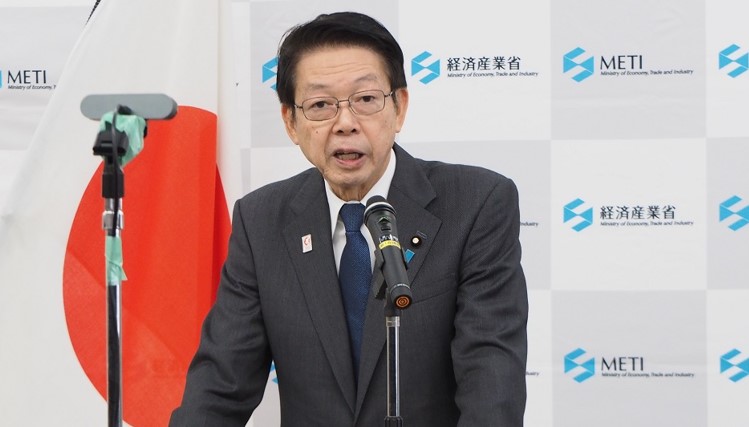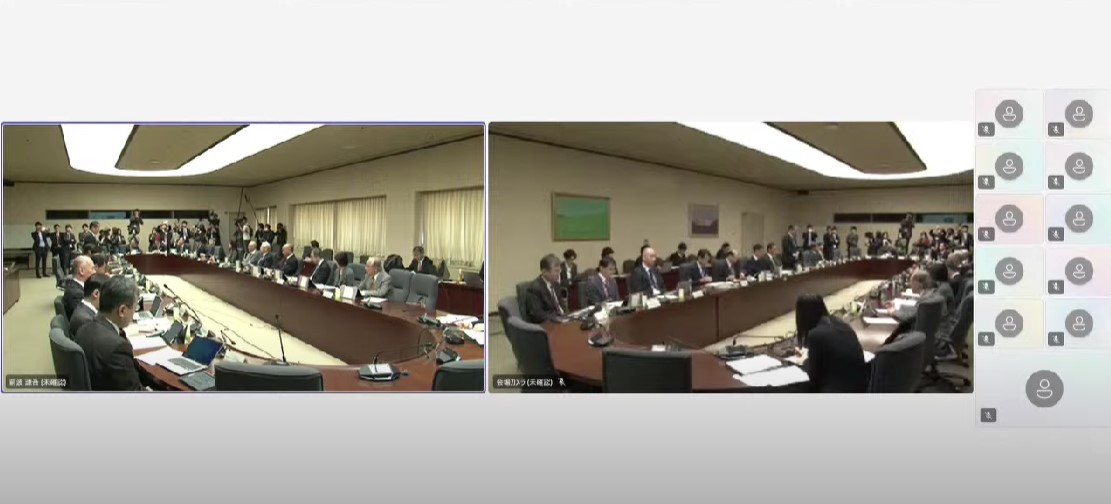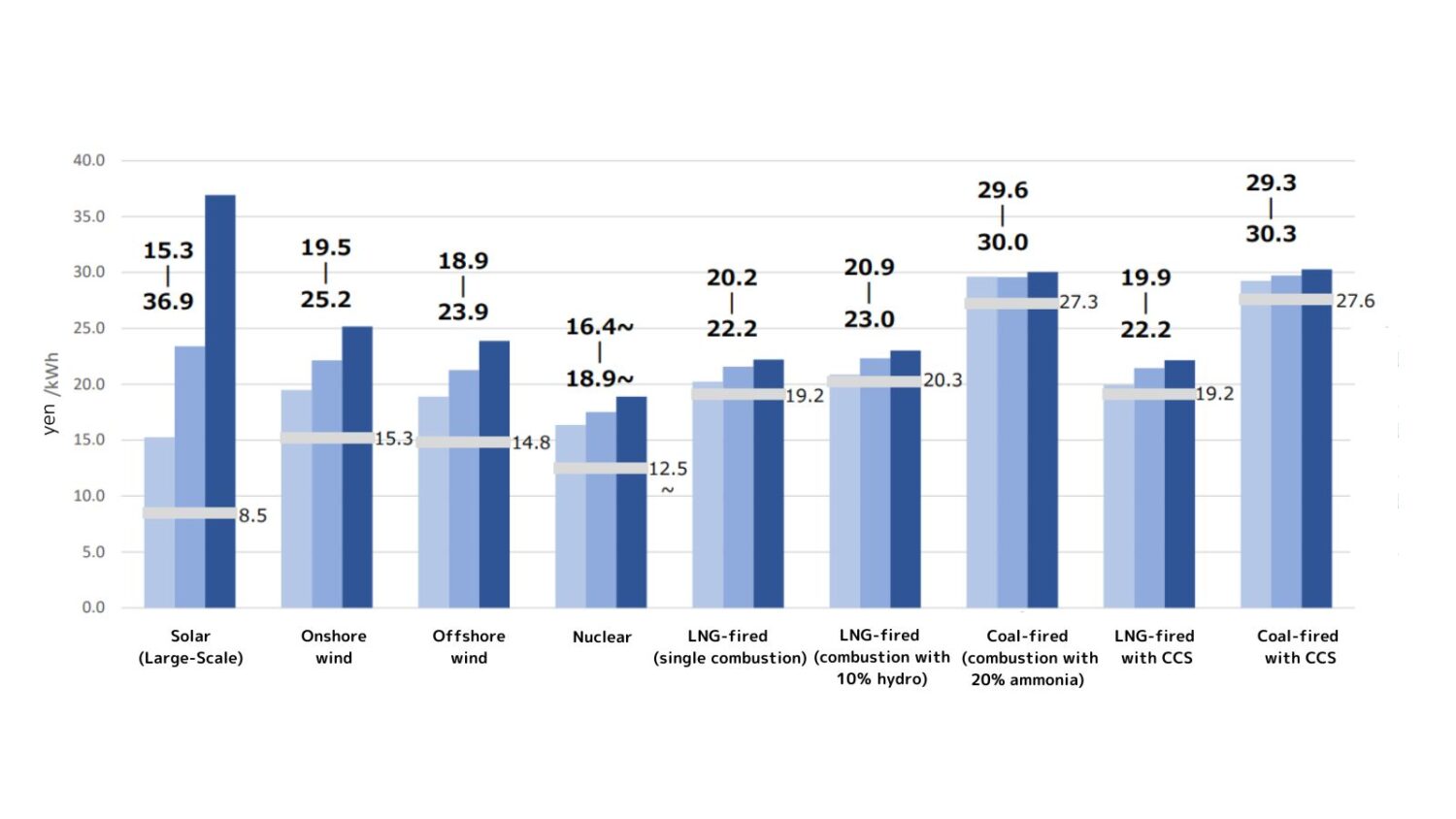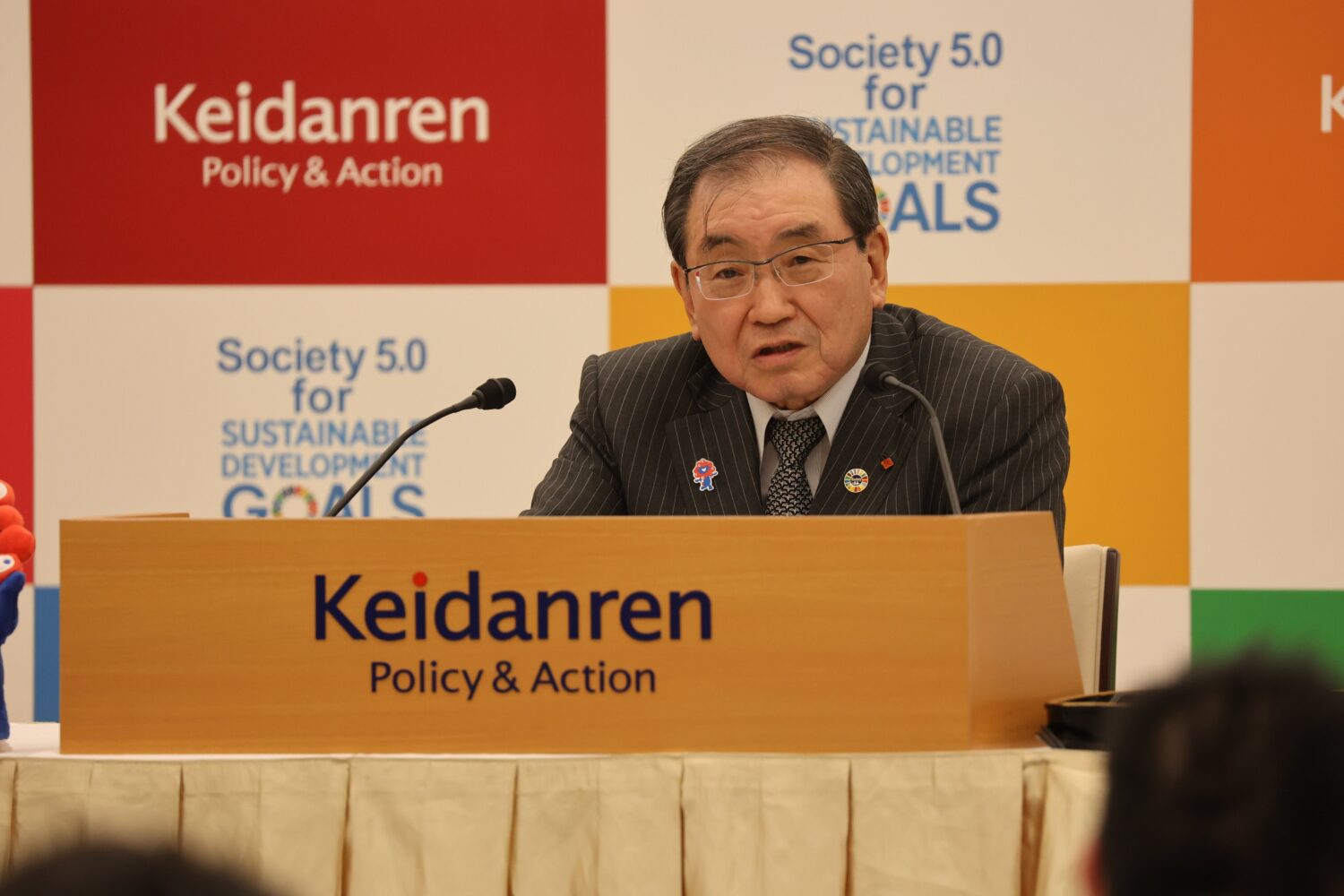The aim of the subcommittee is to help resolve issues related to safety, decommissioning and waste, innovation, and siting areas, based on the positioning of nuclear energy in the nation’s policy between 2030 and 2050, as demonstrated in the fifth Strategic Energy Plan, decided upon by the Cabinet. The subcommittee is chaired by President Itaru Yasui of the Institute for Promoting Sustainable Societies.
At the meeting, prior to discussions on each item, representatives from the Agency for Natural Resources and Energy (ANRE) under the Ministry of Economy, Trade and Industry (METI) explained recent trends in nuclear policy.
Discussions by the subcommittee to date have been organized by item as follows:
- Furthering safety improvements
- Strengthening preparedness and responses to accidents
- Nuclear fuel cycle back-end measures
- Responses to siting areas in coping with changing situations
- Strengthening dialogue and public information activities
- Maintaining and strengthening infrastructure for technologies, human resources and industries.
Representing the nation’s power utilities, Chairman Ikuo Morinaka of the Nuclear Power Development and Policy Committee of the Federation of Electric Power Companies (FEPC), made a comment in reference to the Atomic Energy Association (ATENA), established in July for the sake of voluntary safety improvement. He said forcefully, “Having reflected on the [March 2011] accident at the Fukushima Daiichi Nuclear Power Plants, we will always look at safety with a critical eye.” In February 2019, the ATENA International Forum will be held to broadly disseminate information on activities of the industry, including manufacturers.
Professor Hiroshi Ohashi, economics professor at the University of Tokyo graduate school and a subcommittee member, responded to Morinaka’s statement, saying, “To encourage private-sector innovation for safety improvement, national regulation and policy are both very important.” He stressed the necessity of the public and private sectors cooperating with each other.
Other members of the subcommittee then spoke up, including Hiroya Masuda of the Nomura Research Institute, who said, “When it comes to the kind of relations that should be established with siting areas, we should make use of information and experiences in other countries learned about by government offices abroad. Freelance newscaster Satoko Ito followed by saying, “There is a recurrent issue of having no place to dump waste, while spent fuel will accumulate if NPPs are restarted.”
Noting that nuclear power remains “an important base-load power source contributing to the stability of the long-term energy supply-and-demand structure,” Acting Subcommittee Chairman Akira Yamaguchi, an engineering professor at the University of Tokyo, said that the challenge was “how to use existing power sources sustainably.” He urged the other subcommittee members to specifically discuss how to maintain Japan’s human resources and technological capabilities, along with such issues as the promotion of the nuclear fuel cycle and disaster preparedness.
At the same meeting, an ANRE representative, in anticipation of discussions on future nuclear innovation policy, presented examples of development of small modular reactors (SMRs) by NuScale Power in the United States.












